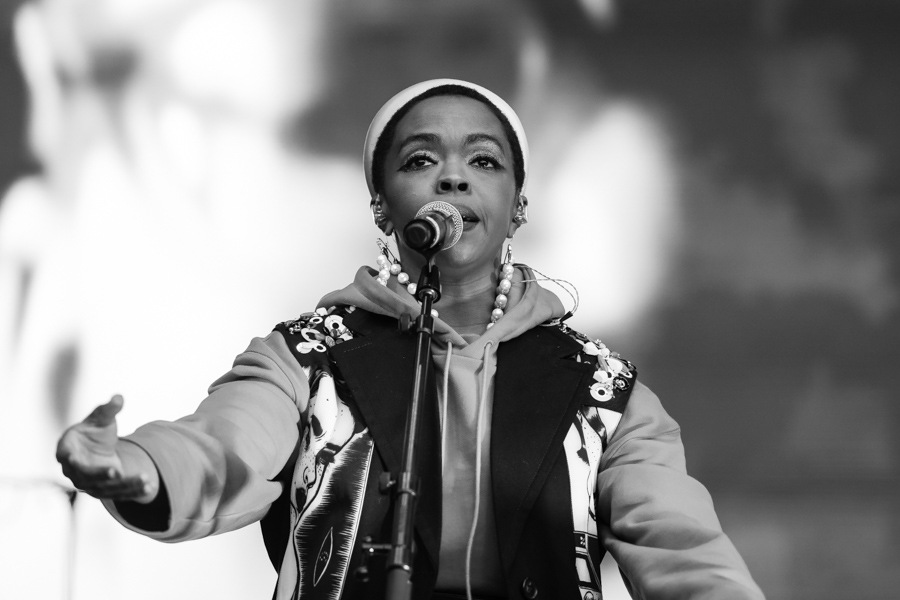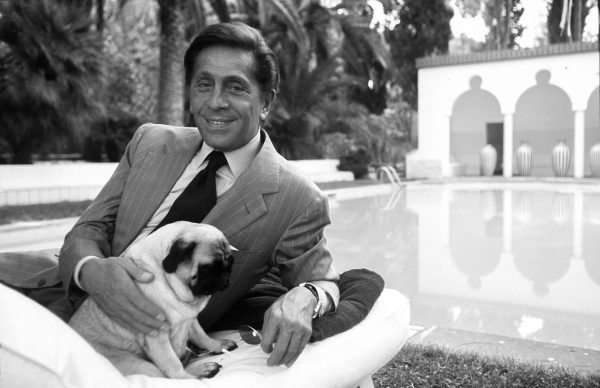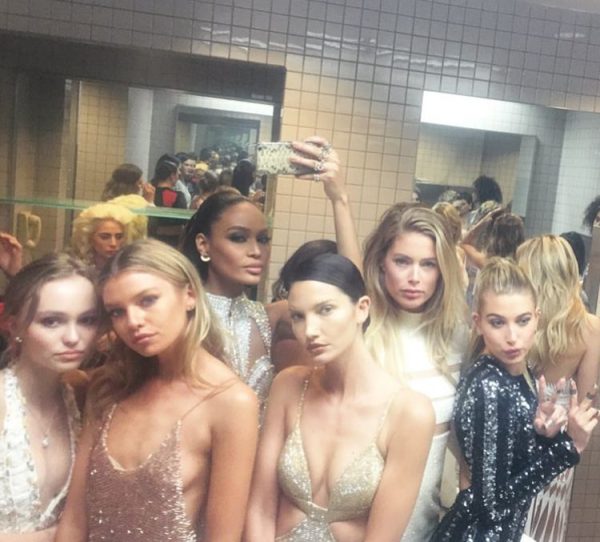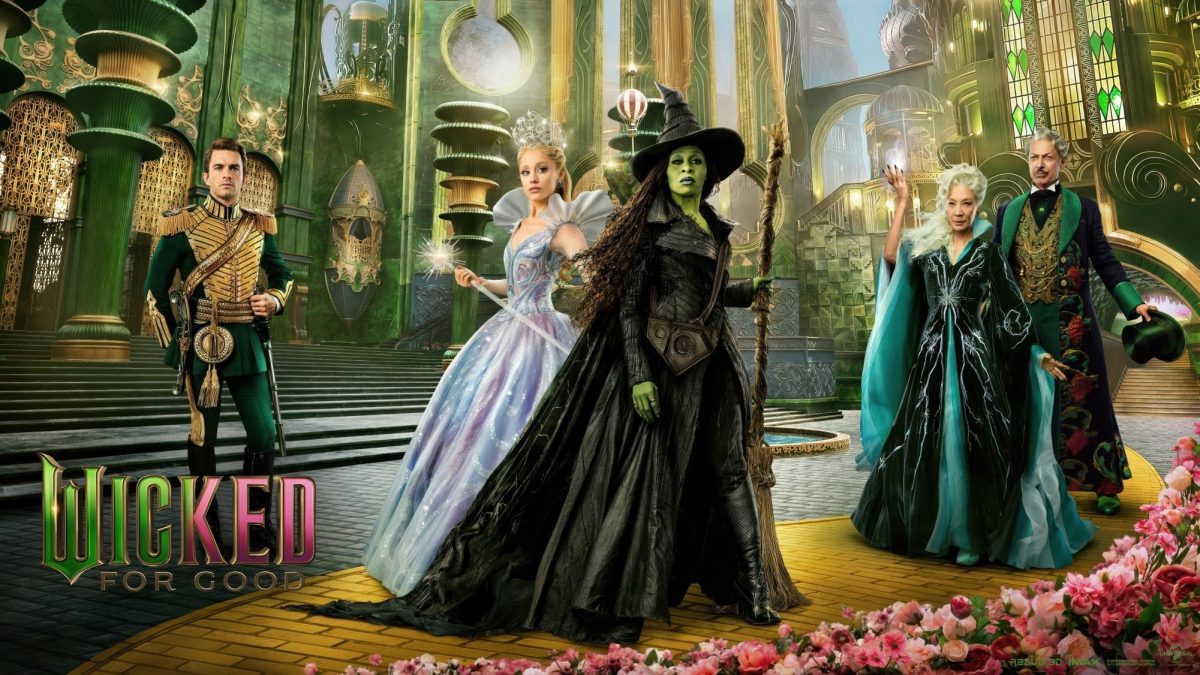Black History in Media
Photo by © Tore Sætre 2019 (CC BY-SA 4.
March 10, 2023
Although Black History Month has ended, a look back on recent events can be enlightening. The Black Lives Matter movement, ignited by the unjust murder of George Floyd in 2020 and similar instances of racial violence, remains on the minds of many worldwide. Although less visible in the last years, activism for the cause lives fiercely on.
It’s important for all of us to understand Black history. With the AP’s new African American History course, we see strides being made to highlight underrepresented groups in academia. Although facing backlash, there is hope that Black history becomes fully integrated into the educational system.
Besides seeing more Black history in education, we continue to celebrate it. The pride of Black history and the power of Black experience are demonstrated in countless mediums, particularly music and film. As a continued appreciation of Black culture, here are some albums and films that you must know.
Music:
Black On Both Sides
Black On Both Sides (BOBS) was the debut album of hip-hop artist Mos Def, released in 1999. BOBS is an unapologetic burst of pride for Black culture, centered around Mos Def’s home city of Brooklyn. Highly esteemed by many critics, this old-school rap classic touches on sociopolitics, vivid storytelling, and the gangster culture apparent in Brooklyn during his youth. My personal favorite track has to be “UMI Says,” a catchy vocal performance from Mos Def about perseverance and Black pride. For an earnest telling of Black life, especially in Brooklyn’s Bed-Stuy neighborhood, look no further than Mos Def’s critically acclaimed album Black On Both Sides.
The Miseducation of Lauryn Hill
In my opinion, Lauryn Hill’s 1998 album The Miseducation of Lauryn Hill is a must-listen. After her work in the group The Fugees, her debut solo album was a monumental success upon release and would go on to win five Grammy awards and Album of the Year. Her talent for rapping and rhythm pairs perfectly with her amazing vocals, providing the wide range of stylistic performances heard on the album. Of these I love “To Zion,” a highlighting of her experiences with motherhood as a Black woman. Her themes of love, pride, and especially Black feminism shocked the world of music at the time, as misogyny was rampant in the hip-hop industry. Hill’s message to women, a message to stand strong, rang true then and still does today.
Film:
Hidden Figures
Directed by Theodore Melfi, this 2016 film revolves around the experiences of three African American women during the space race. Katherine G. Johnson, Dorothy Vaughan, and Mary Jackson were NASA mathematicians who were crucial in getting John Glenn into space, where he would then become the first American to orbit the Earth. Despite taking some artistic liberties, the movie shines a light on these vastly under-credited women and shows the harsh workplace discrimination they had to endure. With stellar performances from leading actresses Octavia Spencer, Janelle Monáe, and Taraji P. Henson, Hidden Figures is educational and entertaining.
Do The Right Thing
When discussing the importance of Black pride and the education of Black history through film, it would be impossible—and disrespectful—to not mention Spike Lee. Producer, screenwriter, director, and occasional actor, Lee explores the African American experience and challenges stereotypes. Before going on to direct 1992’s Malcolm X and 2018’s BlacKkKlansman, Spike Lee both directed and starred in Do The Right Thing. This 1989 film follows Mookie, a young Black pizza delivery man who works for Sal, an Italian pizza store owner. With an ensemble of interesting characters, conflict ensues when a man named Buggin’ Out gets into an argument with Sal about his “Wall of Fame,” which only shows famous Italian Americans and no Black Americans. Tensions rise, boycotts start, and the movie culminates in violent riots and a key announcement from Mister Señor Love Daddy, the Bed-Stuy radio announcer played by Samuel L. Jackson. Do The Right Thing exemplifies the conflicts that can arise from racial divides, and sparks the question of whether violence is ever justified.
While listening to or watching these handful of suggestions will give just a bit more understanding of Black pride and Black history, many of us wish to learn more but simply don’t know where to start. This is where. Then, it is hoped, we will find the path to other artists, directors, actors, politicians, scientists, and many other fields, so that we can learn much more about the artistic achievements of Black Americans.




















